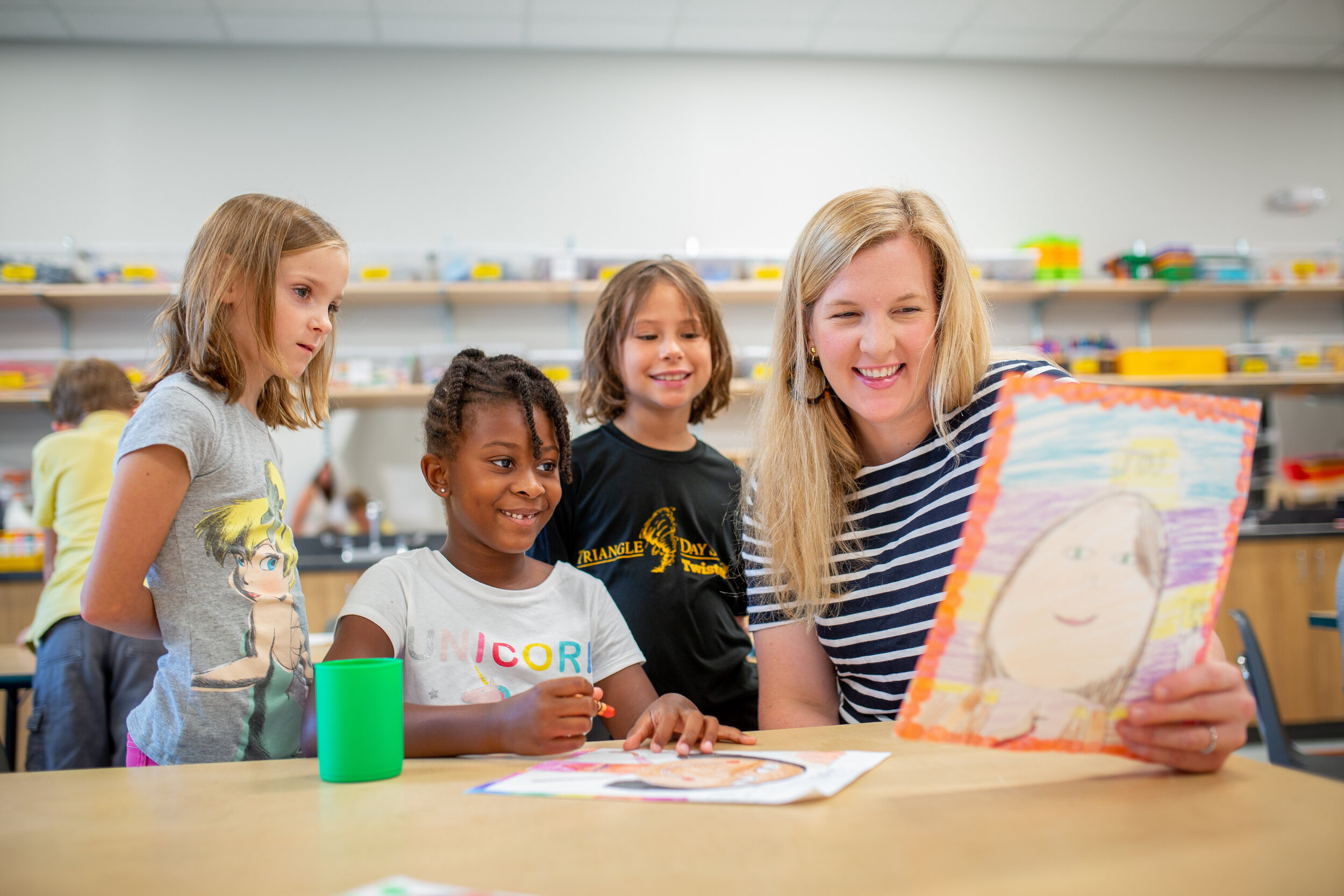What are Independent Schools?
Independent Schools are nonprofit, pre-collegiate schools, funded through tuition and philanthropy, and governed by an independent board of trustees. Each School has its own unique mission, possesses high educational standards, and is publicly accountable to its community and to professional accrediting agencies. (Note our distinction with “private schools,” a larger category that also includes schools governed by religious institutions and nonprofit or for-profit corporations.)
What Distinguishes an Independent School?
Every independent school is distinguished by its unique, self-determined, educational mission, which shapes its approach to academics and teaching, extra-curricular offerings, admissions, and more. Regardless of our differences in missions, there are certain features common to all independent schools:
-
Independent school teachers and administrators have freedom to design our own preparatory curricula based on students’ needs and research-based professional standards. With minimal bureaucracy, student-centered innovation is common—and any independent school parent seeking to understand a curriculum or policy choice can look no further than their child’s teacher or an on-campus administrator for an explanation.
-
Independent schools experience minimal impact from partisan elections or state curriculum changes, making us remarkably stable places, too. In our own region where significant growth can sometimes lead to uncertainty and stretched resources, Triangle independent schools each maintain full control of our “growth destiny”—carefully setting school and class sizes that ensure that every student will always be individually known and cared for, without concern for reassignments, lotteries, redistricting, or any potential for overcrowding.
-
While many independent school teachers are certified by the relevant agencies, others may be non-traditional, talented, student-centered, subject-matter experts—a published author teaching a literature class, a NASA scientist teaching physics, an attorney leading a debate elective, and/or a professional musician, artist, or actor teaching students in the fine and performing arts. While there are regular assessments to measure student growth and skill mastery, we intentionally avoid an over-reliance on testing—teachers are not under pressure to “teach to the test.” This, along with the autonomy and flexibility they possess in their classrooms, draws some of the most talented, creative, and successful educators to independent schools.
-
Whether we are faith-based or secular, the educational mission of each independent school includes instilling in our students not just academic skills, but also the strongest moral compass. Extensive service learning and social-emotional learning opportunities help our students become collaborative and contributing members of both their local and global communities. Similarly, we value diversity and inclusion within our own school communities, as we believe that bringing together students and families with different stories, perspectives, and life experiences will cultivate a commitment within all students to treat others with dignity, respect, and compassion. Over 23% of North Carolina independent school families receive need-based financial assistance from their schools in order to ensure the school remains an affordable option for their children.
-
Members of the Triangle Independent School Consortium (TISC) must be regularly re-accredited by the Southern Association of Independent Schools (SAIS), the Southern Association of Colleges and Schools (SACS), and/or the Association of Christian Schools International (ACSI). Accreditation by these professional organizations requires that a school meet key benchmarks for governance, legal compliance, financial oversight, safety, and transparency.


